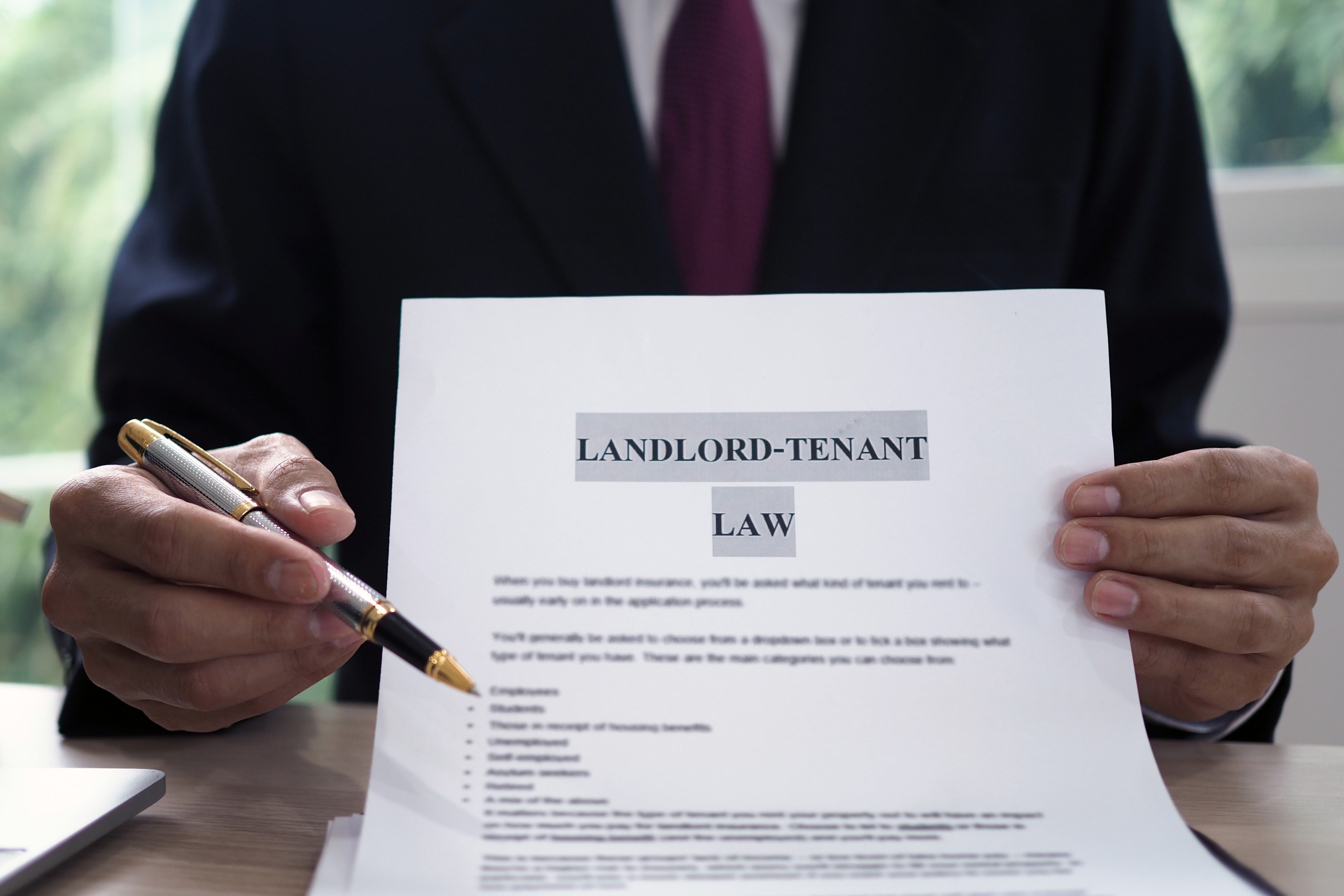The Must-Know Rental Laws in Sharjah
Renting a place should feel like a fresh start, not a mystery novel. Yet, when it comes to rental laws in Sharjah, it’s easy to feel like you’re piecing together clues rather than signing a lease.
Known as a cultural hub of the UAE, Sharjah combines rich tradition with a community-focused lifestyle, attracting everyone from young professionals to families looking for a balance of modern convenience and heritage charm.
But with its unique appeal comes a set of rental rules you’ll want to know, from where bachelors can live and how families should register, to contract fees, attestation requirements, and even occupancy limits.
We’ve done the legwork to bring you the essentials in one easy guide, so you can skip the stress and start planning your new home. Let’s start.

Table of Contents
ToggleTenancy Contract Attestation: What Is It, and Why Do You Need It?
First things first, tenancy contract attestation is a must. In simple terms, this is a process where your rental agreement gets the official stamp of approval from the Sharjah Municipality’s Rent Regulation Department.
This step legally validates the agreement and ensures that both parties—tenant and landlord are protected.
Key Requirements for Attestation:
- Documents Needed: You’ll need copies of the title deed, Emirates ID (or passport if you’re an expat), and SEWA (Sharjah Electricity and Water Authority) approval for new contracts.
- Cost: The attestation fee is set at 4% of the annual rent (with a minimum of AED 500), plus AED 100 for the contract form itself.
For multi-unit contracts or those spanning more than a year, additional fees apply.
There’s an express service available for an additional AED 150, perfect if you’re in a hurry to settle in.
Tenancy Rules for Bachelors and Families: What’s the Difference?
In Sharjah, rental rules vary significantly for families and bachelors, especially in terms of where they can live and how many people can occupy a rental unit.
For Bachelors:
- Allowed Locations: Bachelors are permitted to rent only in specific commercial zones, mainly around industrial areas like Al Saja’a.
- Occupancy Limits: The number of inhabitants per unit is strictly regulated:
- Studio: Max 3 people
- 1-bedroom apartment: Max 4 people
- 2-bedroom apartment: Max 6 people
- 3-bedroom apartment: Max 9 people
- Restrictions: Bachelors are not permitted to rent villas, and contracts are limited to areas designated for single occupancy.
Bachelors also need to provide standard documentation, such as a title deed copy, Emirates ID, and SEWA approval for new leases. Like other residential agreements, bachelor tenancy contracts have a 4% attestation fee, with a minimum of AED 500, plus AED 100 for each additional rental unit.
For Families:
- General Allowance: Families have a bit more flexibility in their options and can rent residential villas or traditional homes without the same location restrictions that apply to bachelors. Families can rent apartments or villas as long as they adhere to occupancy limits (e.g., max of 9 people in a 3-bedroom).
- Documentation: Families renting need to provide additional documentation for all family members included in the tenancy contract, such as Emirates IDs or passports, as well as marriage certificates (if needed) to verify family relationships.
They also need to pay a 4% attestation fee (minimum AED 500) for contract validation.
Rental Disputes: Resolving Issues Fairly
Even with the best of intentions, disputes happen. Sharjah’s Rent Dispute Settlement Section is designed to handle rental disagreements in a fair and structured way.
Whether it’s about unpaid rent, contract violations, or property damage, you can register a dispute if things go south.

How It Works:
- Documents Needed: To file a dispute, both parties (or their legal representatives) need to provide valid IDs, the rental contract, any previous tenancy agreements, and proof of any claims (like receipts for damages).
- Fees: A 2% fee on the rent amount applies for filing a lawsuit, with fees capped at AED 10,000 and a minimum of AED 500.
- Process: Once registered, the case is assigned a hearing date, and both parties are informed.
This service is here to ensure that both landlords and tenants have a place to address issues fairly. If you disagree with the decision, you can appeal but note that an additional 3% of the rent amount is charged, with a maximum of AED 15,000.
Terminating Tenancy Contracts and Getting a Clearance Certificate
When ending a lease, it’s essential to follow the formal cancellation process to avoid any lingering obligations.
Sharjah has a straightforward process to issue clearance certificates, confirming that both tenant and landlord have fulfilled their obligations.
How to Cancel a Contract:
- Documents Needed: You’ll need a copy of the tenancy contract, a signed termination request from both parties and approval from the relevant department.
- Fees: Fees vary based on the duration after cancellation and start at AED 100 for each rental unit. Contracts with multiple units require additional fees per unit and year.
Types of Rental Contracts in Sharjah: From Families to Commercial Spaces
Sharjah offers various contract options depending on the type of accommodation and the purpose of the lease.
- Residential Leases: For families, residential leases are standard, and they follow the 4% attestation fee guideline.
- Bachelor Tenancy Contracts: Allowed in specific commercial areas, bachelor tenancy contracts are subject to strict occupancy limits and require SEWA approval.
- Staff Accommodation: Companies can provide accommodation in designated areas for employees, with a 5% attestation fee.
- Investment and Commercial Leases: For businesses and investors, contracts come with a few more requirements, like trade licenses and permits, and a fee of 3-5% of the annual rent.
Each type of lease has its own set of requirements, so double-check what’s necessary to ensure compliance.
Execution Lawsuits: When Agreements Break Down
In cases where tenants or landlords don’t follow through on their obligations (like unpaid rent or maintenance), the aggrieved party can file an execution lawsuit.
This process enforces the terms of the rental agreement and can involve formal proceedings if necessary.
Filing an Execution Lawsuit:
- Documents: Original judgment, tenancy contract, and proof of identity for both parties are required.
- Fees: The registration fee starts at AED 200 and goes up based on the complexity of the case.
Execution lawsuits provide a structured way to resolve serious breaches of contract, ensuring that both parties adhere to their commitments.
Final Tips for Renting in Sharjah
Here’s a quick recap of what to keep in mind:
- Always attest your tenancy contract—it’s not only mandatory but also protects your rights.
- Know the fees associated with your contract type to avoid surprises.
- Use express services if time is a factor, and you need faster processing.
- Understand occupancy limits to ensure compliance and avoid issues later.
Renting in Sharjah is designed to be straightforward as long as you’re prepared and informed. By staying on top of the essentials, you’ll ensure a smooth experience, whether you’re a tenant or a landlord. Happy renting!